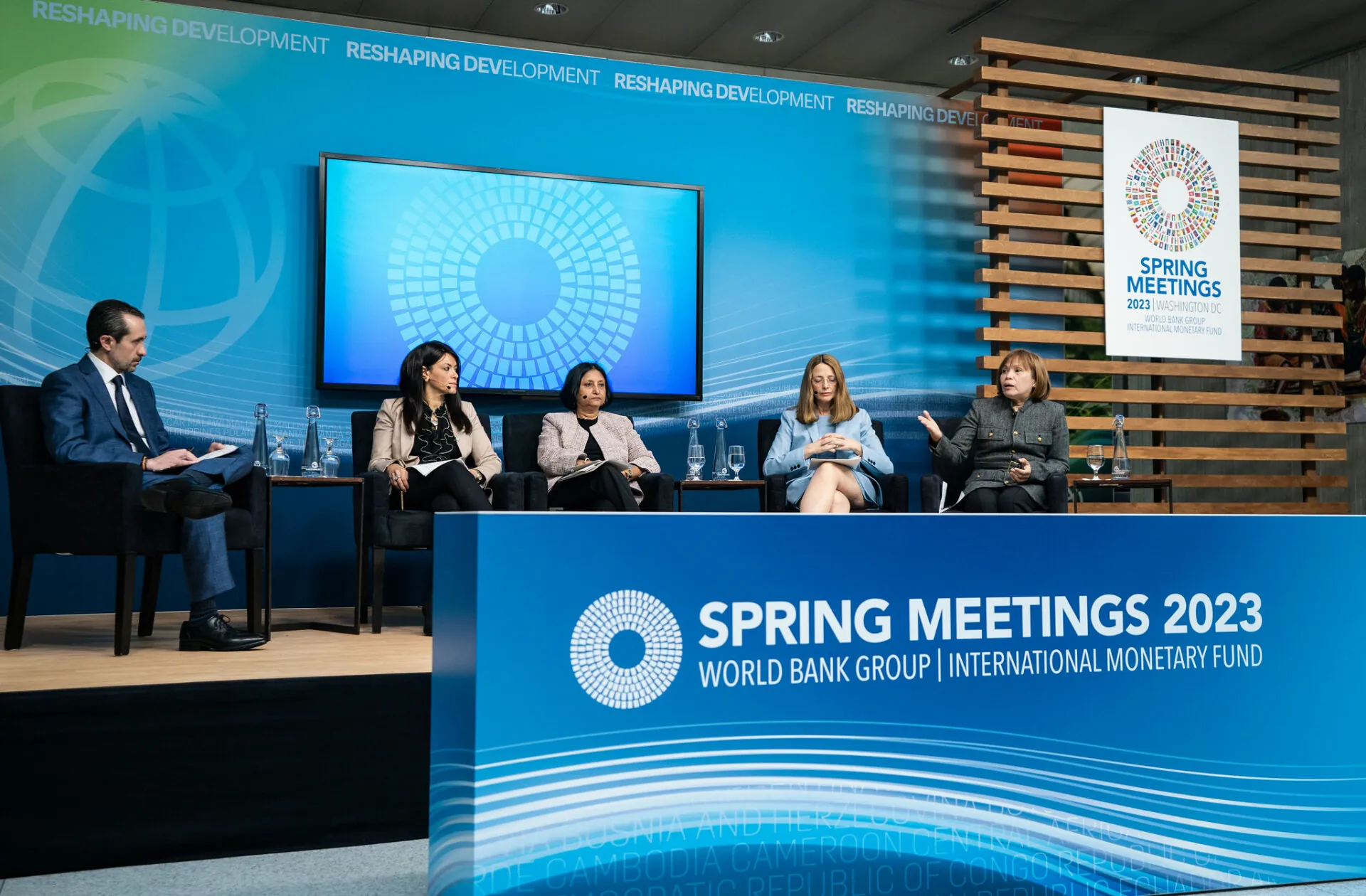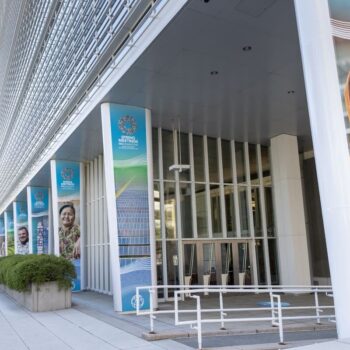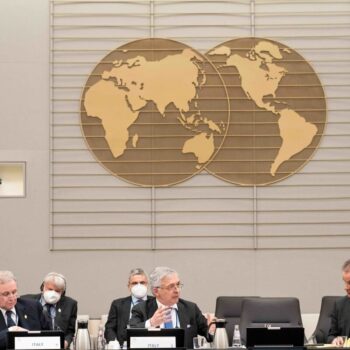In April finance ministers, central bankers, key leaders of the multilateral financial system, as well as numerous civil society groups, gathered in Washington DC to discuss the state of the global economy and to spearhead a way forward for some of the most pressing issues the world is facing – including climate change.
To demonstrate that the Spring Meetings were building momentum rather than missing an opportunity, these leaders will now have to follow through on the promises made at this key moment in the diplomatic calendar.
The debate around the ongoing evolution of the World Bank has intensified. Its centre of gravity continues to be the Evolution Roadmap process at the Bank, which has proven to be at times fractious amongst the various constituencies on the Board. Shareholders have committed to take forward reforms that could increase the volume available for financing by up to USD50bn, whether this represents a success depends on perspectives. Whilst Yellen’s speech suggests that this is a considerable achievement, a consensus of those representing developing countries – articulated by three World Bank Executive Directors representing at least 41 countries – notes that this adjustment to the risk appetite of the Bank should not substitute for recapitalisation.
Beyond the World Bank, there were strong calls spearheaded by AIIB President Jin Liqun to ensure that the MDBs act as an integrated system, rather than in isolation. He used the platform provided by Spring Meetings to push for the institutionalisation of the coordination of the ten major MDBs on climate and an all-MDB Annual Meeting once every two years. Werner Hoyer, President of EIB, then seemed to express his support for these ideas.
SDRs remained an area of intense focus, with an unexpected ‘race to the top’ on pledges to reallocate SDRs, kick-started by Japan doubling its pledged reallocation to 40%. Bruno Le Maire, the French Finance Minister, also hinted that SDRs would also take a prominent place in the New Global Financial Pact summit of Leaders, scheduled to take place the end of June in Paris. This is promising, as the G24 communique suggests that SDRs should be reallocated via the MDBs; this could be a vehicle for leveraging these commitments into greater quantities of financing. The new financing model might need to become rather creative.
The IMF has made some strides on climate, with continuing strong leadership from Kristalina Georgieva, but it is important to temper this by noting that the institution as a whole has yet to convert the vision laid out by its Managing Director into reality. For example, the Resilience and Sustainability Trust (RST) has attracted considerable interest, with the Managing Director stating that 44 countries had expressed interest. However, operationalisation has met challenges which could jeopardize the delivery of finance if not addressed.
Although debt was an underlying theme of discussions over the week, this global challenge is far from being solved. There is still no agreement on how to enforce comparability of treatment. We are far from having an efficient debt framework, and this still needs to be put in place. Although there were no radical breakthroughs, some of the blockers to progress have dissipated, with China softening its position on its requirement that MDBs take a haircut in debt restructurings.
All in all, the consensus on reforming the system is clear, although how to do it remains to be fully agreed upon. We look forward to keeping up the pressure on all these fronts in the run up to the summit for a New Global Financial Pact on 22-23 June and the Marrakesh Annual Meetings.


